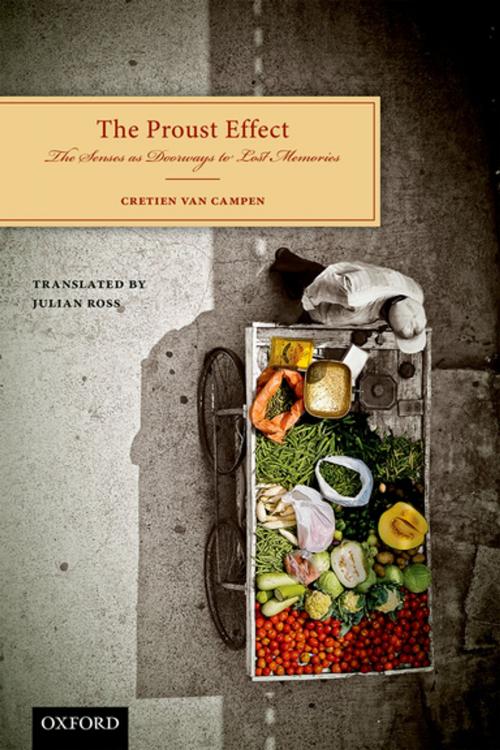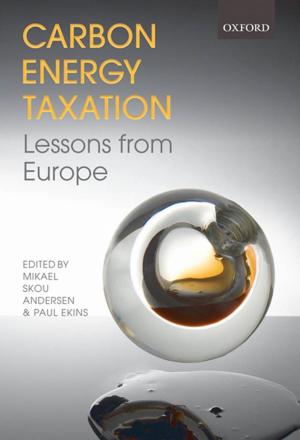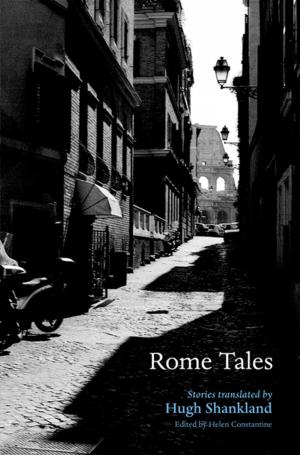The Proust Effect
The Senses as Doorways to Lost Memories
Nonfiction, Health & Well Being, Psychology, Cognitive Psychology, Science & Nature, Science| Author: | Cretien van Campen | ISBN: | 9780191509308 |
| Publisher: | OUP Oxford | Publication: | January 23, 2014 |
| Imprint: | OUP Oxford | Language: | English |
| Author: | Cretien van Campen |
| ISBN: | 9780191509308 |
| Publisher: | OUP Oxford |
| Publication: | January 23, 2014 |
| Imprint: | OUP Oxford |
| Language: | English |
The senses can be powerful triggers for memories of our past, eliciting a range of both positive and negative emotions. The smell or taste of a long forgotten sweet can stimulate a rich emotional response connected to our childhood, or a piece of music transport us back to our adolescence. Sense memories can be linked to all the senses - sound, vision, and even touch can also trigger intense and emotional memories of our past. In The Proust Effect, we learn about why sense memories are special, how they work in the brain, how they can enrich our daily life, and even how they can help those suffering from problems involving memory. A sense memory can be evoked by a smell, a taste, a flavour, a touch, a sound, a melody, a colour or a picture, or by some other involuntary sensory stimulus. Any of these can triggers a vivid, emotional reliving of a forgotten event in the past. Exploring the senses in thought-provoking scientific experiments and artistic projects, this fascinating book offers new insights into memory - drawn from neuroscience, the arts, and professions such as education, elderly care, health care therapy and the culinary profession.
The senses can be powerful triggers for memories of our past, eliciting a range of both positive and negative emotions. The smell or taste of a long forgotten sweet can stimulate a rich emotional response connected to our childhood, or a piece of music transport us back to our adolescence. Sense memories can be linked to all the senses - sound, vision, and even touch can also trigger intense and emotional memories of our past. In The Proust Effect, we learn about why sense memories are special, how they work in the brain, how they can enrich our daily life, and even how they can help those suffering from problems involving memory. A sense memory can be evoked by a smell, a taste, a flavour, a touch, a sound, a melody, a colour or a picture, or by some other involuntary sensory stimulus. Any of these can triggers a vivid, emotional reliving of a forgotten event in the past. Exploring the senses in thought-provoking scientific experiments and artistic projects, this fascinating book offers new insights into memory - drawn from neuroscience, the arts, and professions such as education, elderly care, health care therapy and the culinary profession.















